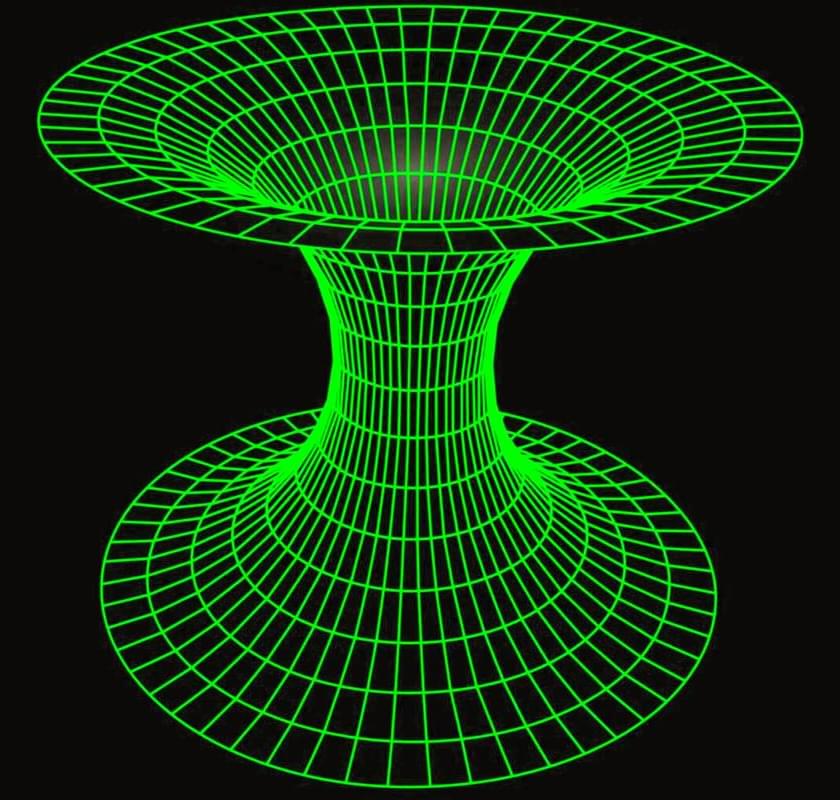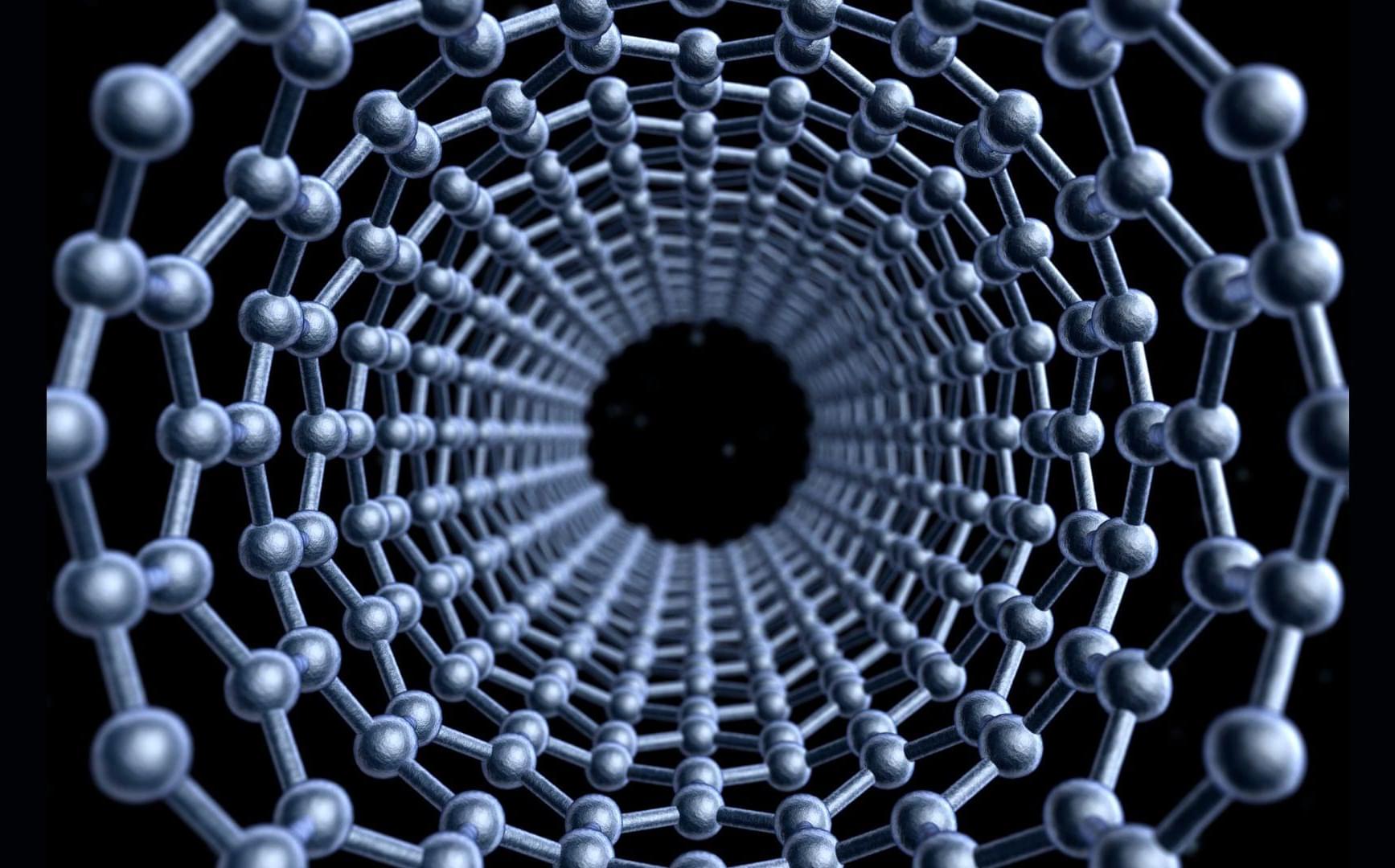The future of computing might not be one giant quantum machine but many linked together.
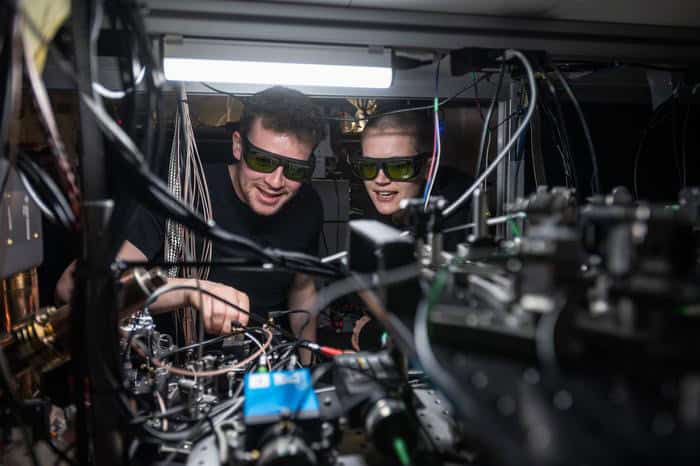


Space and cooling limitations restrict the number of usable qubits. However, researchers believe connecting two qubits in separate dilution refrigerators using an optical fiber is now possible.
“The infrastructure is available, and we can now build the first simple quantum computing networks,” says Arnold.
While the ISTA physicists have made significant progress in developing superconducting quantum hardware, more work is needed. Their prototype has limited performance, especially in terms of optical power. Nevertheless, it proves that a fully optical readout of superconducting qubits is possible, and further advancements will depend on the industry.

Data security on the internet is under threat: in the future, quantum computers could decode even encrypted files sent over the internet in no time. Researchers worldwide are, therefore, experimenting with quantum networks that will enable a paradigm shift in the future when globally connected to form the quantum internet.
Such systems would be able to guarantee tap-proof communication through quantum mechanical phenomena such as superposition and entanglement, as well as cryptographic quantum protocols. However, the quantum internet is still in its infancy: high costs coupled with high energy consumption and a high level of complexity for the necessary technologies have prevented quantum networks from scaling easily.
Two researchers at the Institute of Photonics at the Leibniz University Hannover want to remedy this situation. Using frequency-bin coding, they have developed a novel method for entanglement-based quantum key distribution. This quantum mechanical encryption technique uses different light frequencies, i.e. colors, to encode the respective quantum states. The method increases security and resource efficiency.
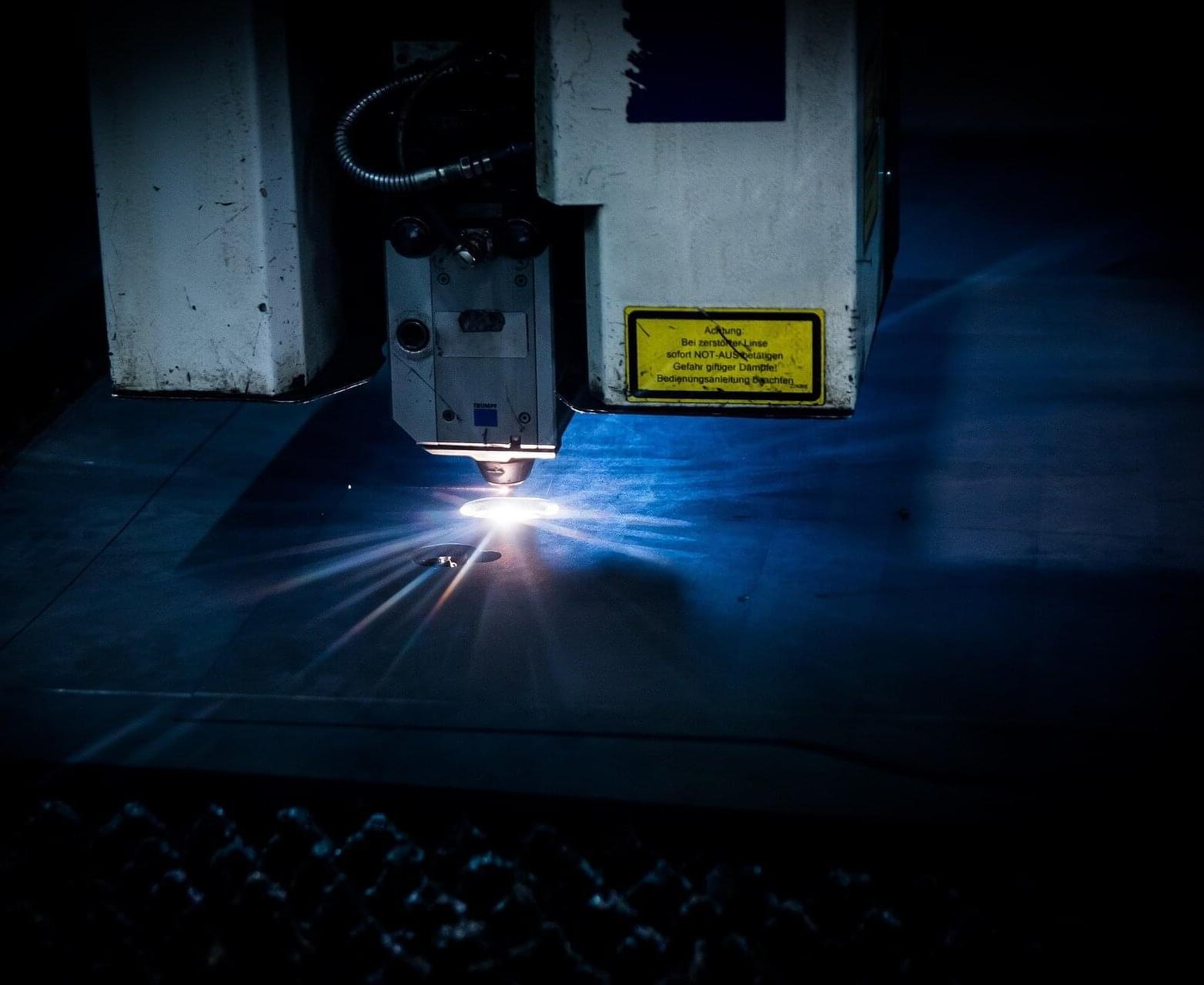
Laser diodes are semiconductors that generate light and amplify it using repeated reflection or “optical feedback.” Once the light has achieved desirable optical gain, laser diodes release it as powerful laser beams.
Photonic crystal surface-emitting lasers (PCSELs) are advanced laser diodes where the optical gain is typically distributed laterally to the propagating light within a photonic crystal (PC) structure. They differ from traditional lasers by separating gain, feedback, and emission functions, offering scalable single-mode power and innovative designs. This leads to enhanced performance and new application possibilities.
In a paper that was published in the IEEE Journal of Selected Topics in Quantum Electronics on 20 November 2024, researchers have developed a method to numerically simulate the interaction of light waves within PCSELs.

In a groundbreaking use of teleportation, critical units of a quantum processor have been successfully spread across multiple computers, proving the potential of distributing quantum modules without compromising on their performance.
While the transfer only took place over a space of two meters (about six feet) in an Oxford University laboratory, the leap was more than enough to emphasize the feasibility of scaling quantum technology by teleporting quantum states across an ‘internet’ of connected systems.
Teleportation is a quirk of physics that only makes sense through a quantum lens, where objects exist in a blur of possible characteristics until processes of measurement force them to adopt each state.
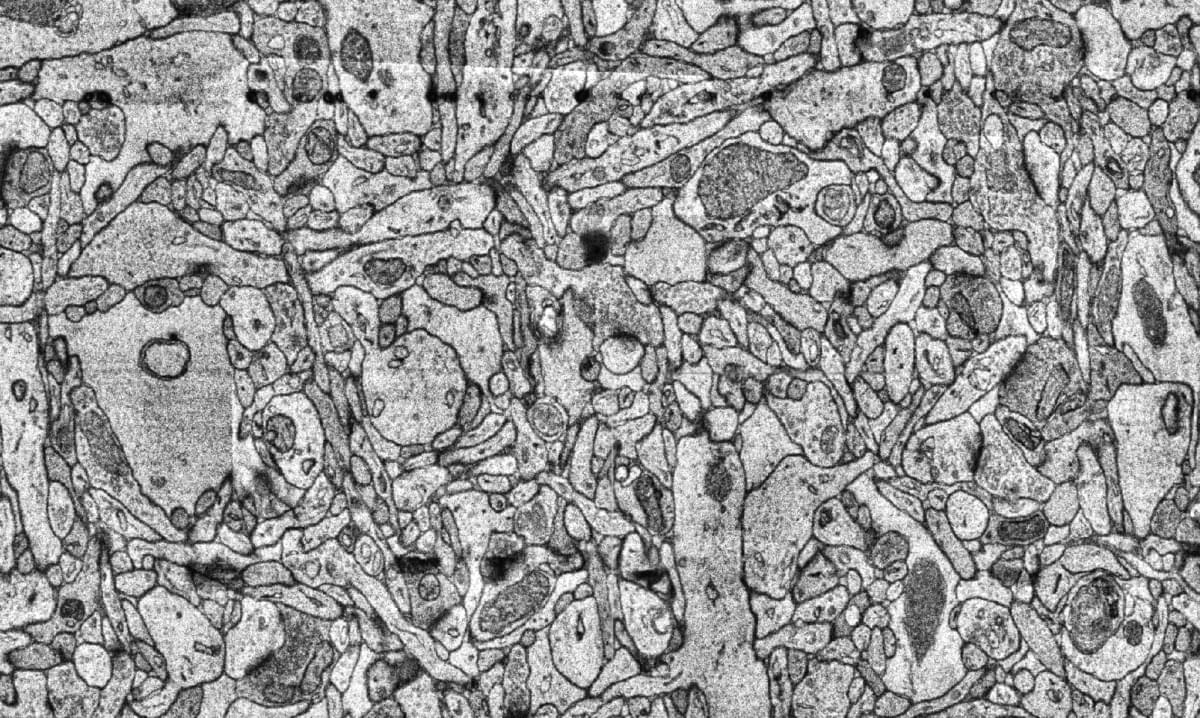
I presented these slides (PDF and images below) during the Workshop on Philosophy and Ethics of Brain Emulation (January 28th-29th, 2025) at the Mimir Center for Long Term Futures Research in Stockholm, Sweden. In my talk, I explored how various biological phenomena beyond standard neuronal electrophysiology may exert noticeable effects on the computations underlying subjective experiences. I emphasized the importance of the large range of timescales that such phenomena operate over (milliseconds to years). If we are to create emulations which think and feel like human beings, we must carefully consider the numerous tunable regulatory mechanisms the brain uses to enhance the complexity of its computational repertoire.
UC Davis Health is pleased to announce that Neurosurgeon David Brandman and his team at UC Davis Neuroprosthetics Lab were selected for a 2025 Top Ten Clinical Research Achievement Award. The Clinical Research Forum presents this award to honor 10 outstanding clinical research studies published in peer-reviewed journals in the previous year. This year’s Top 10 Awards ceremony will be held on April 14 in Washington, D.C.
Brandman and his team are recognized for their groundbreaking work in developing a new brain-computer interface (BCI) that translates brain signals into speech with up to 97% accuracy — the most accurate system of its kind. Their work was published in the New England Journal of Medicine.
“Our team is very honored that our study was selected among the nation’s best published clinical research studies. Our work demonstrates the most accurate speech neuroprosthesis (device) ever reported,” said Brandman, co-director of the Neuroprosthetics Lab. He is an assistant professor in the UC Davis Department of Neurological Surgery.
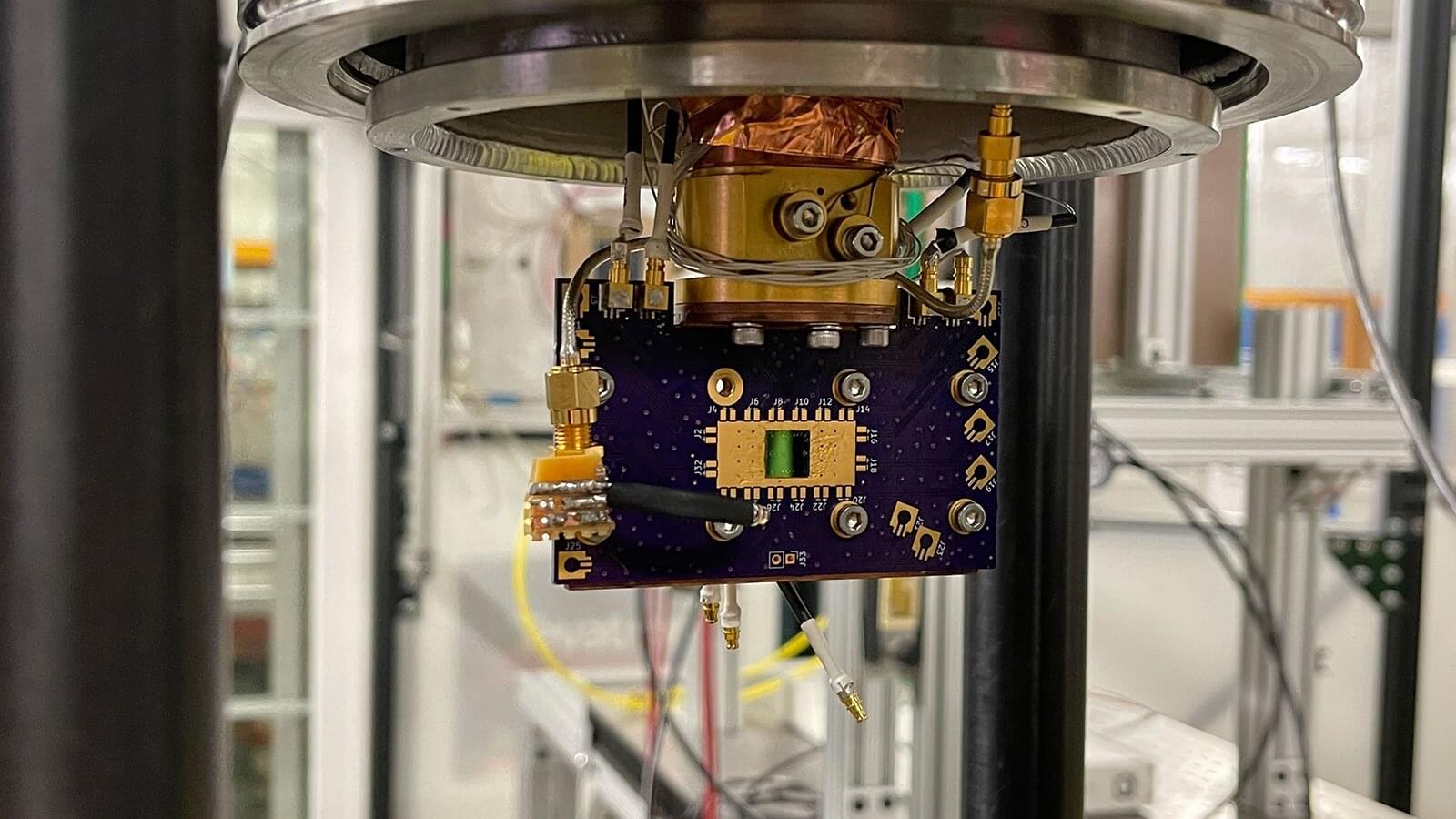
Particle detectors play a crucial role in our understanding of the fundamental building blocks of the universe. They allow scientists to study the behavior and properties of the particles produced in high-energy collisions. Such particles are boosted to near the speed of light in large accelerators and then smashed into targets or other particles where they are then analyzed with detectors. Traditional detectors, however, lack the needed sensitivity and precision for certain types of research.
Researchers at the U.S. Department of Energy’s (DOE) Argonne National Laboratory have made a significant breakthrough in the field of high-energy particle detection in recent experiments conducted at the Test Beam Facility at DOE’s Fermi National Accelerator Laboratory (Fermilab).
They have found a new use for the superconducting nanowire photon detectors (SNSPDs) already employed for detecting photons, the fundamental particles of light. These incredibly sensitive and precise detectors work by absorbing individual photons. The absorption generates small electrical changes in the superconducting nanowires at very low temperatures, allowing for the detection and measurement of photons. Specialized devices able to detect individual photons are crucial for quantum cryptography (the science of keeping information secret and secure), advanced optical sensing (precision measurement using light) and quantum computing.
